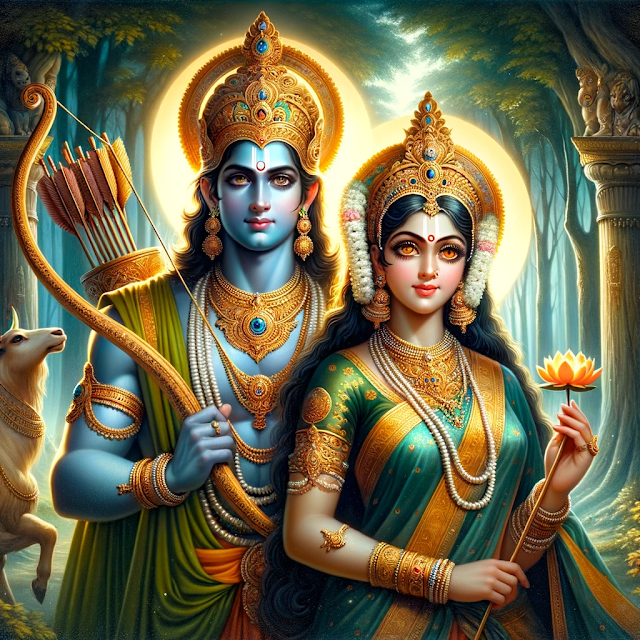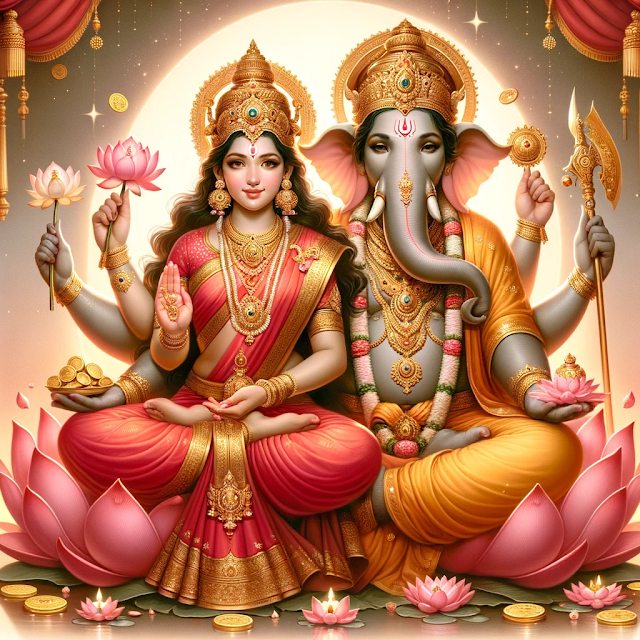"Shri Hari" is another revered name for Vishnu, the supreme deity in Vaishnavism and one of the principal deities of Hinduism. The name "Hari" is often interpreted as "the one who removes [evil or sins]" or "the one who takes away [pain or ignorance]." It signifies his role as the remover of darkness and ignorance from the world and his divine presence offering salvation to his devotees.
In the context of Vishnu, "Shri" is an honorific denoting auspiciousness, grace, virtue, and majesty, often associated with wealth, royal power, and divine beauty. "Shri" is also commonly associated with the goddess Lakshmi, Vishnu's consort, who is the goddess of wealth and prosperity. Together, the term "Shri Hari" encapsulates Vishnu's aspects of majesty, divinity, grace, and his role as a protector and preserver of the universe.
The verses 'Shree Hari Stotram' are from a Sanskrit hymn dedicated to Lord Vishnu, known as the "Shree Hari Stotram" or sometimes referred to by similar names based on its attributes and eulogies. This hymn is a deeply devotional piece, praising various aspects of Lord Vishnu, the protector and preserver of the universe according to Hindu tradition. Each verse ends with "bhajeham bhajeham," meaning "I worship, I worship," reflecting deep devotion. Below is a general translation and explanation of each verse, capturing the essence of the praise and devotion contained within this hymn:
Share:









